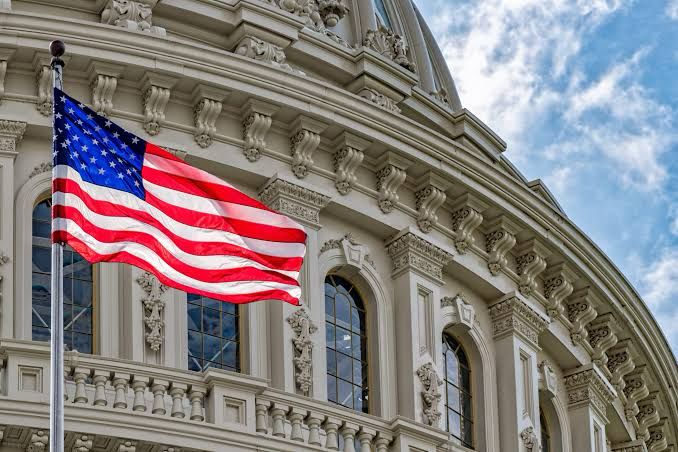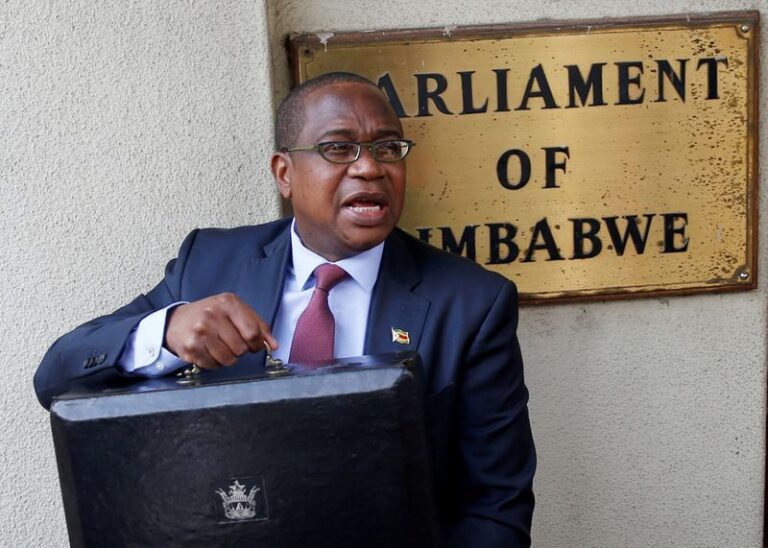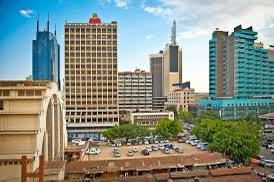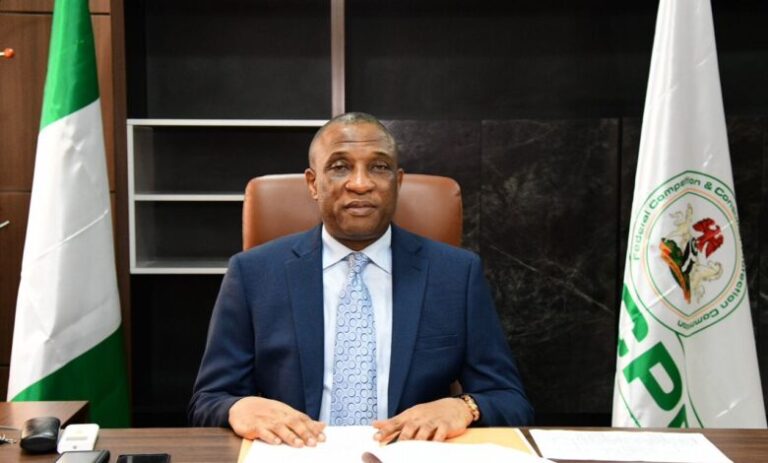The United States of America (U.S) slammed several Nigerian state governors for splashing State scarce resources on building “government Houses” – describing it as reckless and misplaced spending priorities .
U.S. Mission in Nigeria argues on Tuesday through a post on X that the allocation of billions of Naira to non-essential projects, such as new government houses, undermines critical investments in sectors like education, healthcare, and agriculture, which are vital for addressing the country’s pressing needs.
The rebuke comes at a time when Africa’s most populous nation, is grappling with severe economic challenges, including high inflation, widespread poverty, and food insecurity.
Referencing statements from civil organizations, the US highlighted the governors’ fiscal
recklessness, stating: “Instead of funding schools, clinics, or agriculture, leaders prioritize buildings they barely use.”
pointing to the construction of lavish government residences and other infrastructure projects that critics argue offer little benefit to the public.

Also noting the lack of accountability in public spending,“There is more money, little accountability, and no priority.” The US noted underscoring how such fiscal irresponsibility erodes public trust in governance.
The west African oil rich country’s economic landscape provides a stark backdrop for these criticisms. According to the International Monetary Fund’s 2025 Article IV Consultation with Nigeria, the country has faced significant challenges, including a poverty rate of 42% in 2023 and inflation exceeding 20% in 2025, despite recent reforms aimed at stabilizing the economy.
The removal of fuel subsidies and liberalization of the foreign exchange market have yielded some positive results, such as increased international reserves and Nigeria’s return to international capital markets.
However, these reforms have also driven up living costs, leaving millions struggling with food insecurity and limited access to basic services. The IMF further noted that poor infrastructure, particularly in electricity, and security challenges continue to hinder economic activity, making prudent public spending even more critical.













